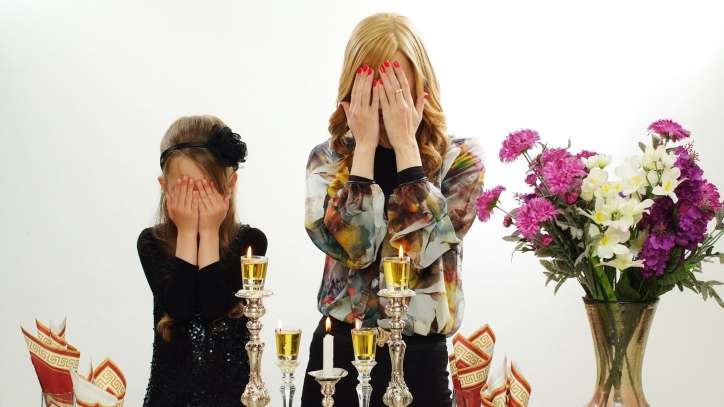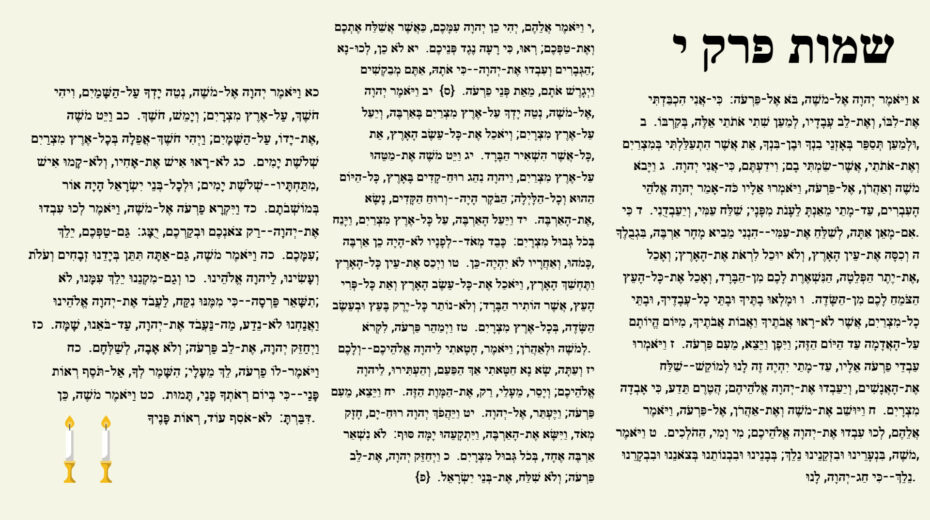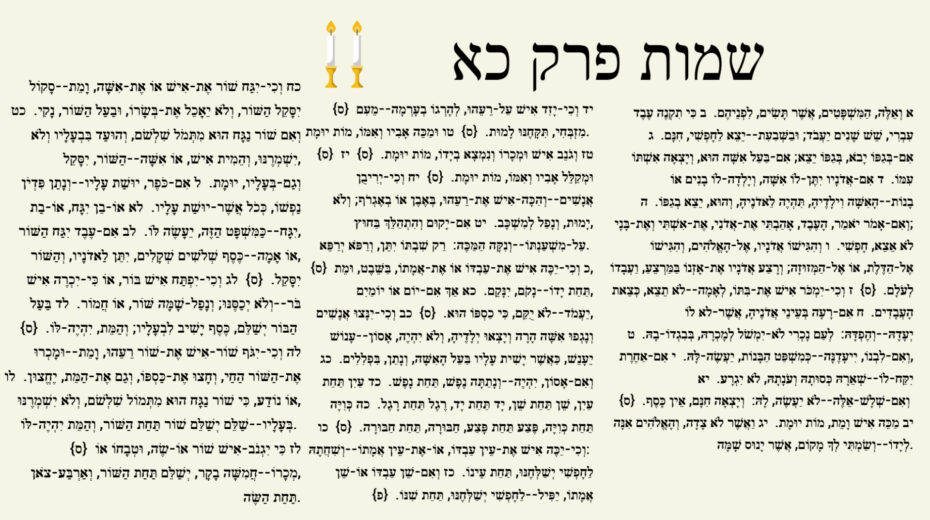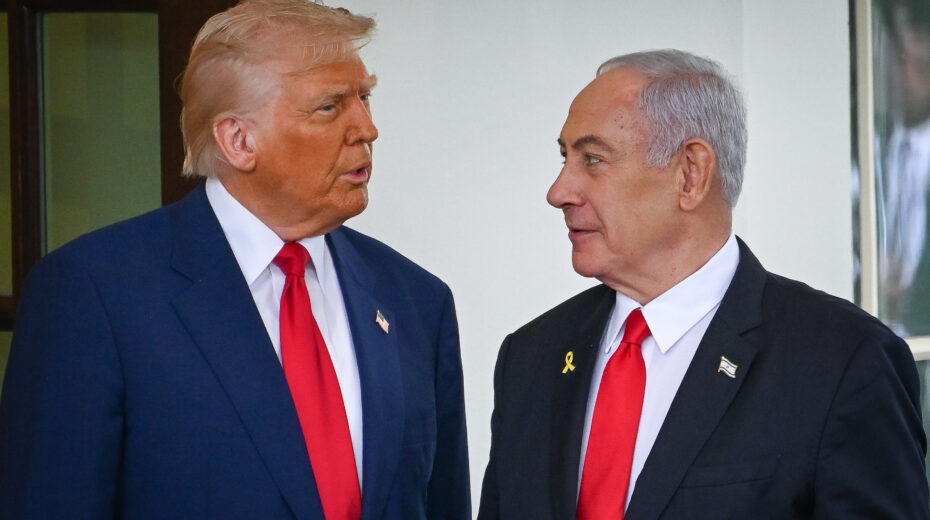As we read through the Torah, we come to the Book of Deuteronomy with Moses standing on the “other-side of the Jordan” opposite Jericho reminding the Children of Israel what they ought to have learned during 40 years of wilderness journeys to prepare them to enter and settle the Promised Land. Moses has been told he cannot enter the Promised Land, though he pleaded with the Lord in a previous Parasha by that name (etchanan).
This Shabbat’s Parasha which begins in chapter 11 verse 26 and is called “re’eh,” as Moses tells the nation to “see” the blessing of listening to the Lord and the curse of being disconnected from Him.
Throughout our Parasha, which concludes in chapter 16 verse 17, Moses explains that when they enter the Land they must destroy all idolatrous statues, trees and high places, and God will choose one place for his Divine Presence to dwell (Jerusalem). Offerings may be brought only there and are not to be offered on any private altars.
He warns the nation against copying the ways of other nations and that the Torah is complete, perfect, nothing may be added or subtracted from it.
If a “prophet” tells the people to violate the Torah, he is to be put to death, as is one who entices others to worship idols. A city of idolatry must be razed.
It is prohibited to cut yourself or make a bald spot on your head.
We are instructed to always be open-hearted to those in need. A bondsman is released after six years and sent away with generous provisions. If he refuses to leave, his ear is pierced with an awl at the door post, and he must remain with the family until the Year of Jubilee.
The Parasha ends by detailing Passover, Shavuot and Sukkot.
This Torah Portion mentions many different topics like life and death, the importance of the Land of Israel, the Jewish holidays, idolatry, charity and much more. But is there something that connects all these varied commandments?
I suggest there is and that the key verse comes right in the middle of the Parasha (14:1):
“You are children to the Lord your God; you shall not cut yourselves nor make a bald spot between your eyes for a dead person.”
I imagine you’re wondering why this obscure verse is key to understanding this portion, but consider its message.
First, it declares that we are God’s children, whom He loves, and cherishes, and wants us to be whole – not cut up into disjointed pieces (extreme body-piercers take note!). God wants us to be single-minded, decisive, undivided in our love for Him, in the words we speak, and the intentions of our hearts.
Now this word ‘cut up’ (titgo’d’du) used here also has a deeper meaning. We are not to divide ourselves into rival, separate factions (as in army ‘divisions’ g’dudim) which cut us off from one another.
Now that we are coming into the Promised Land our strength lies not in ourselves as individuals, but in our common destiny rooted in our mutual faith heritage passed down to us through the generations, and the unity of the Spirit that guides us to the practices that honor our Father.
The more we “cut ourselves off” from one another the more estranged we become from our Father, and the more our collective family suffers.
We also are warned not to create a “bald spot” between our eyes. One of the most important qualities of a believer is to have an “ayin tov,” i.e. a “good eye,” which means to see others in a benevolent way, not quick to judge, to look at our neighbor favorably.
The fact that we have two eyes, and not just one, metaphorically allows us to see both sides of an issue and judge one another sympathetically.
The entire Parasha is devoted to bringing us together as a nation by establishing standards of proper behavior, including the way we celebrate, by promoting charity that binds the rich to the poor, and by instituting the Sabbatical year when debts would be forgiven.
And the centrality of the Land of Israel is stressed because it is here, living together, that we find ourselves teamed up on a level playing field.
I wish you all Shabbat Shalom.














